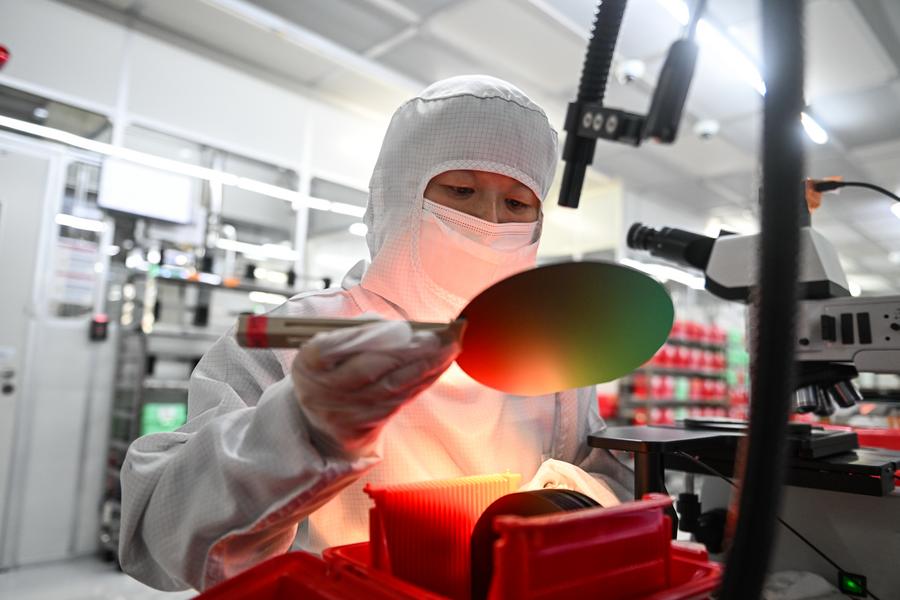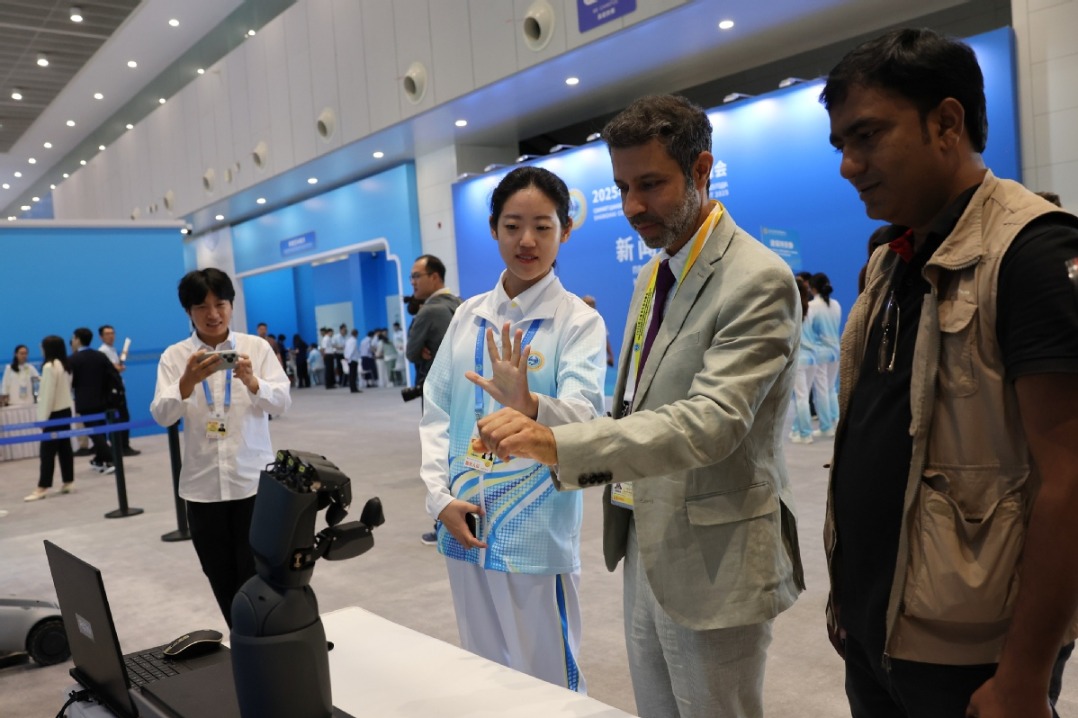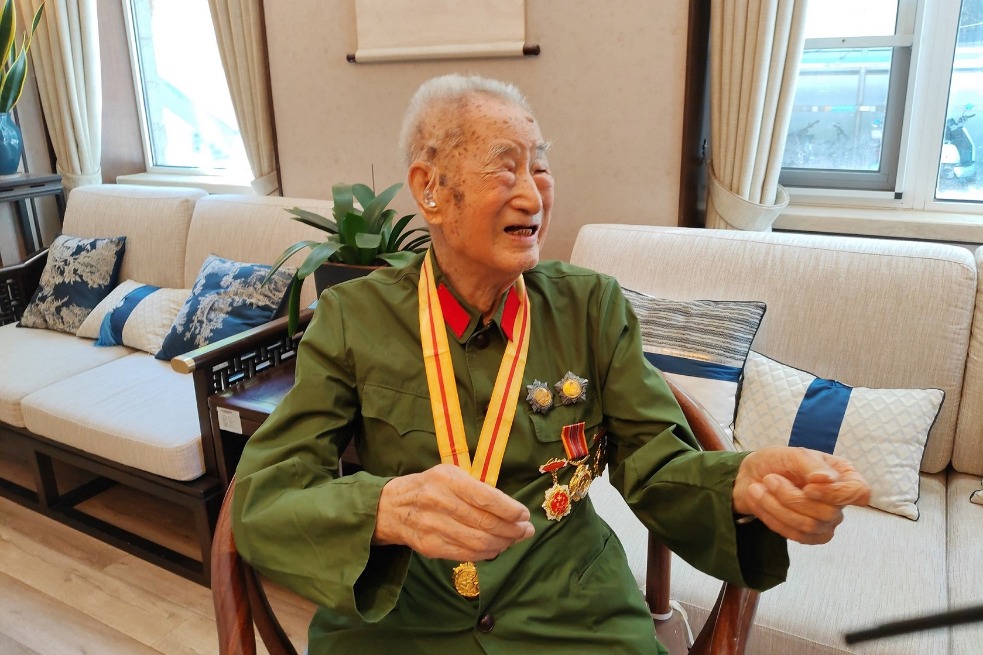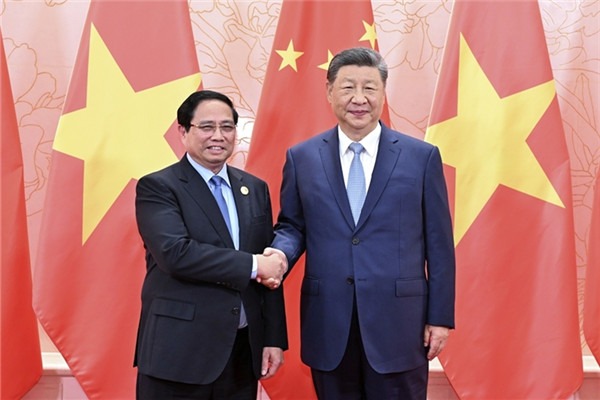China's nanotechnology patents top the world: white paper


BEIJING -- China accounts for 43 percent of the total number of globally authorized nanotechnology patents over the last 25 years, ranking first in the world, said a white paper issued Sunday.
Between 2000 and 2025, more than 1.07 million nanotechnology patents were granted globally, with China accounting for 464,000. China's share surpasses the combined total from the United States, Japan and the Republic of Korea, according to the White Paper: China Nanotechnology Industry 2025, which was issued at a nanotechnology industry forum held in Beijing.
China's patent portfolio is primarily focused on key areas, including semiconductor devices, catalytic chemistry, biomedicine, and new materials. Beijing, Shanghai, Shenzhen and Suzhou lead the way in the semiconductor field, while biomedical patents are concentrated in Beijing, Shanghai and Guangzhou, according to the white paper.
The Chinese Academy of Sciences ranks first among global patent holders with 23,400 patents. The transfer and licensing rate of nanotechnology patents in China has exceeded 8 percent, reflecting continuous improvement in the efficiency of commercialization.
As of May 2025, the number of nanotechnology enterprises in China has surpassed 34,500, with 739 listed companies and a cumulative employment of 9.92 million. The global nanotechnology market is projected to grow to $1.5 trillion by the end of 2025, with a compound annual growth rate of over 17 percent from 2018 to 2025, according to the white paper.
The industry forum is one of the sub-forums of the 10th International Conference on Nanoscience and Technology, held in Beijing from Saturday to Monday, and hosted by the National Center for Nanoscience and Technology of China.
Seven world-leading scientists delivered speeches at the conference. Over 600 renowned scholars presented reports on 15 hot topics in nanotechnology, showcasing the latest research advances and scientific achievements in the field.
At the conference's opening ceremony on Saturday, the conference chairperson Bai Chunli said that nanotechnology serves as a core force driving breakthroughs in strategic fields such as green energy, biomedicine, and information technology, while accelerating the formation of new quality productive forces.
The rise of artificial intelligence has brought revolutionary opportunities to nanotechnology, profoundly reshaping its research paradigms. In the future, further efforts will be made to strengthen basic research, enhance application-oriented development, deepen international cooperation, and continue to leverage the critical role of nanotechnology in global innovation and development, added Bai, who is an academician of the Chinese Academy of Sciences.
The conference has been held in Beijing for nine consecutive editions since 2005.
- China's nanotechnology patents top the world: white paper
- Kyrgyzstan, China deepening strategic partnership in a new era
- SCO Summit: A shared vision for trust, equality and prosperity
- Policy support lifts economic confidence
- China taps global expertise to build world-class dinosaur geopark
- 'Shanghai Spirit' should be advanced with new vitality





































